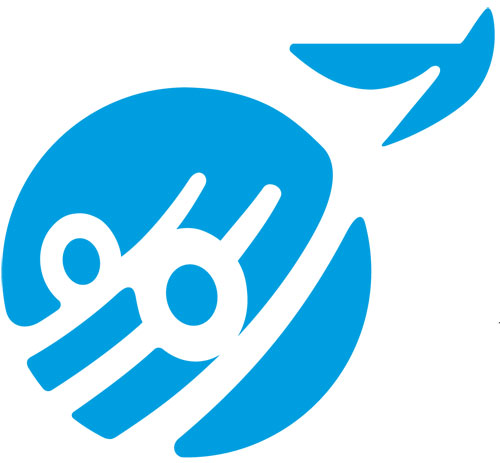Sustainable Development Goals: Is there any reason for hope?

Since the first Conference on Sustainable Development in 1992, the number of people living in extreme poverty has increased in many countries, especially in the least developed countries. [1] The gap between the rich and the poor in Western economies is at its widest in 30 years, according to the OECD. [2] Over 200 million people in the world are jobless [3] and youth unemployment in industrialized counties is at its highest since levels began to be recorded in 1976.
Not only there has been little progress in the fight against extreme poverty, but due to climate change and environmental degradation, people living in extreme poverty are now also facing greater exposure to difficult and dangerous environments and natural disasters. Resources such as food, energy and water are becoming scarce and while people have to compete for scarce resources that become more and more expensive, the most vulnerable pay with their lives. For them, it is not and has never been a question of the ‘Future We Want’ but, the “Present They Have the Right To.”
In this context, we could say that the initiative of different Member States to galvanize commitment during this Conference around the Sustainable Development Goals (SDG) is more than welcome.
It would be welcome if they had dared to stop and address the actual situation: Which commitments were made in Rio 20 years ago? How many of those commitments have been kept? What has been tried? Why has there been so little progress? Who is responsible? Do those who were responsible for implementing the promises made 20 years ago have the right to make more promises now?
In this context, where so many promises and commitments are made and rarely kept, what can we do? We should dare to look, listen and learn from the people that are suffering the most, the ones on the front-line of action, dealing with environmental crises building resistance with very few means, and using the knowledge and experience gained from generations of living in hardship.
What people living in poverty have to say about the process:
“It is not so much the solutions reached in our dialogue that are important, as being able to reach these solutions all together” [4]
The SDG would be welcome if they were thought from the beginning through an open and inclusive process where all stakeholders, including people living in extreme poverty, are included.
What people living in poverty have to say about the content:
Again, these are the words of a person who knows what hunger is, still she remains us that:
“The fight is not about winning the freedom to eat enough but the freedom to create and to build”. [5]
The discussion is not about a cleaner, healthier and better earth, but about the possibility for every human being to have the means to take care of their forest, rivers and oceans; to contribute with their work to the well-being of their families, communities and countries; to contribute their knowledge to a better understanding among peoples.
Must haves for the SDG
- The SDG must focus on achieving full and equal enjoyment of the rights of all people. They must address, in a holistic and equitable manner, economic, environmental and social dimensions to ensure a sustainable development framework that has at its core the eradication of extreme poverty.
- The SDG have to be underpinned by an equity approach and accepted human rights principles and standards, giving priority to the challenges faced by the poorest and most excluded people and populations.
- A human rights based approach to the SDG must include the full participation of all those concerned, including people marginalized by extreme poverty, in the design, implementation and assessment of programs and policies. Cristina Diez Saguillo
Main representative of ATD Fourth World to the United Nations.
[1] http://unctad.org/en/docs/presspb20118_en.pdf Poverty Reduction and Progress towards MDGs in the LDCs: Encouraging Signs but Much Remains to be Done and A/64/665 Keeping the promise: a forward-looking review to promote an agreed action agenda to achieve the Millennium Development Goals by 2015, Report of the Secretary-General, Feb 2010, para 11
[2] OECD, Divided We Stand: Why Inequality Keeps Rising, 2011
[3] ILO report, 2012
[4] From the participatory research on the theme: Extreme poverty is violence: breaking the silence, searching for peace. ATD Fourth World. More than 1000 people, the majority are people who live in conditions of extreme poverty from 25 different countries. http://www.atd-fourthworld.org/-The-Violence-Done-To-The-Poor-.html.
[5] Ibid

